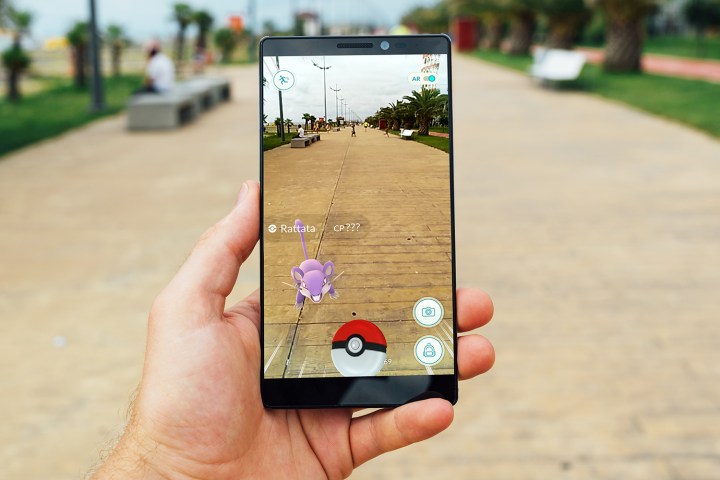
The Tourism and Sports Ministry is keen to exploit the global popularity of the augmented-reality smartphone game to promote its resorts and persuade tourists to keep coming back, the Bangkok Post reported on Tuesday.
The ministry said it plans to ask local communications firm True Corporation to add PokéStops and Gyms – key parts of the game that appear in real-world locations and therefore encourage visits from players – to spots throughout popular tourist destinations, creating an additional incentive for tourists to travel to the resorts.
According to the Post, True’s parent company has done a deal with Pokémon Go creator Niantic that allows it to select the locations of some PokéStops sand Gyms.
“The ministry will create an infographic map and user guide for Pokémon hunters, offering locations, tips, and dos and don’ts for tourists,” Thailand’s Tourism and Sports Minister Kobkarn Wattanavrangkul said.
If you think the idea of using Pokémon Go to boost an entire industry sounds daft, keep in mind that Thailand isn’t the only country that views the game as a possible solution to a serious problem.
Take McDonald’s Japan. Having posted quarterly losses almost constantly since 2014, the fast food outfit recently struck a deal with Niantic to turn its 3,000 restaurants into virtual Gyms, allowing people to devour their Happy Meals while enthusiastically smearing their smartphone displays during hard-fought Pokémon battles. It’s too early to say if the move was a shrewd one.
Scoring such deals could certainly turn into a serious revenue generator for San Francisco-based Niantic, though the challenge will be to ink as many as possible before the game’s popularity wanes.


